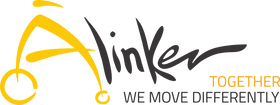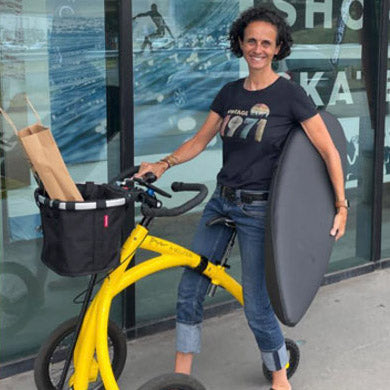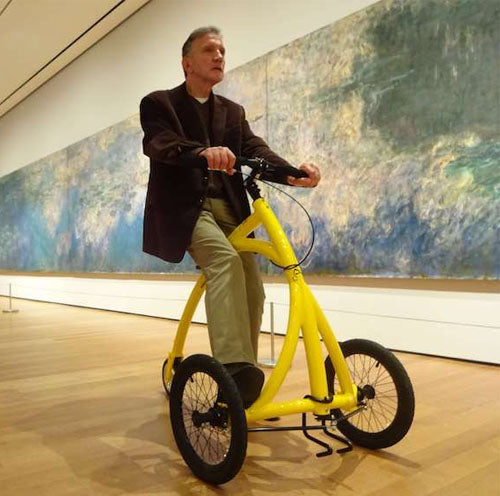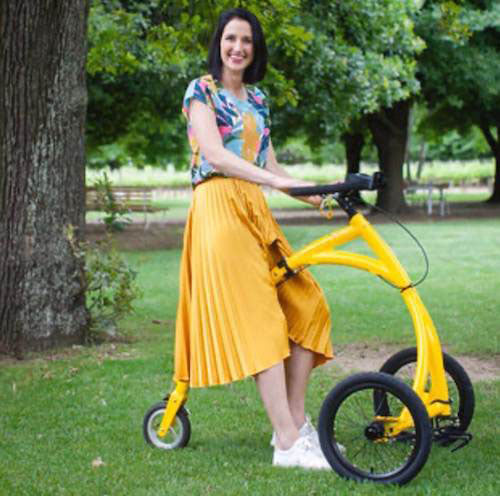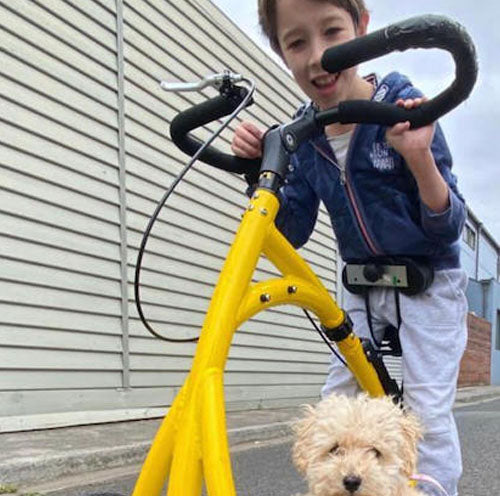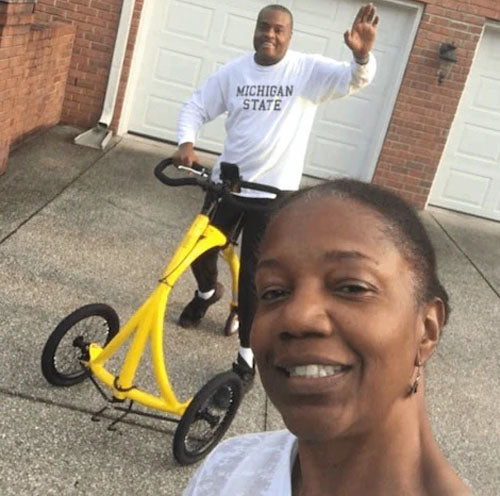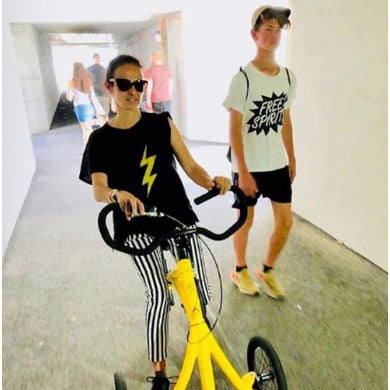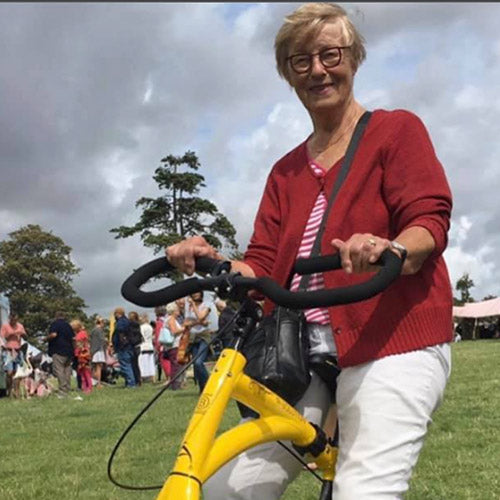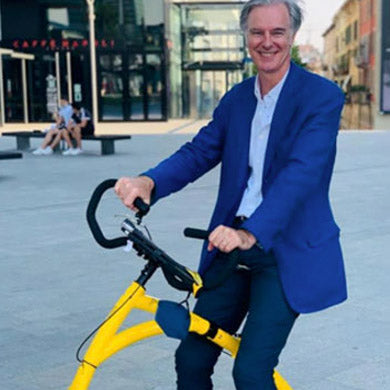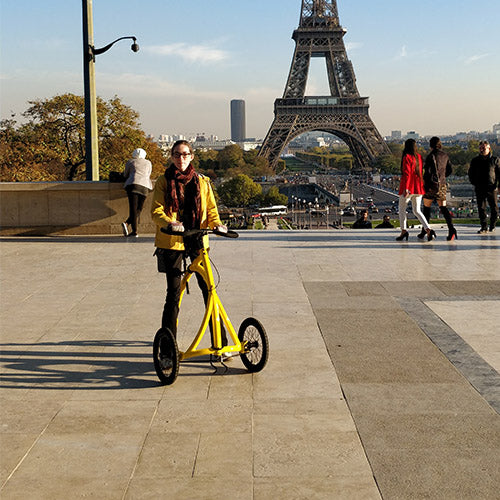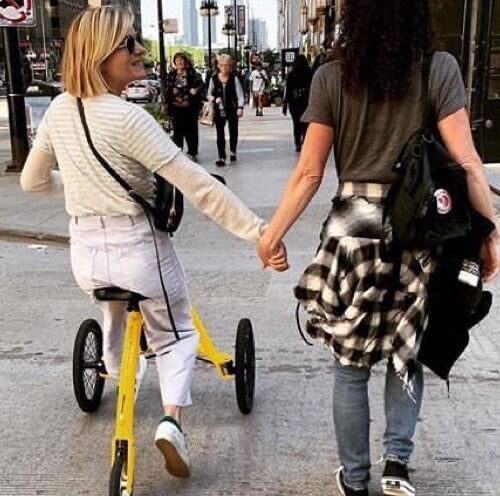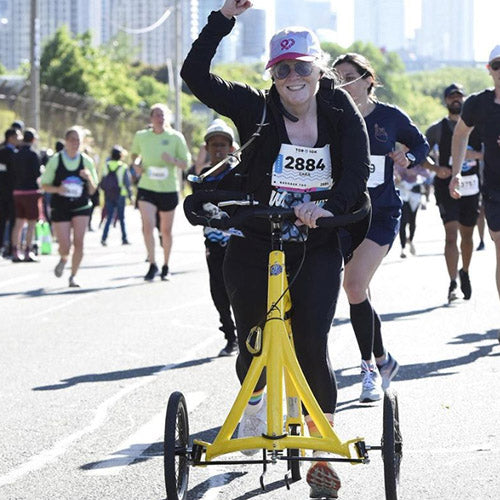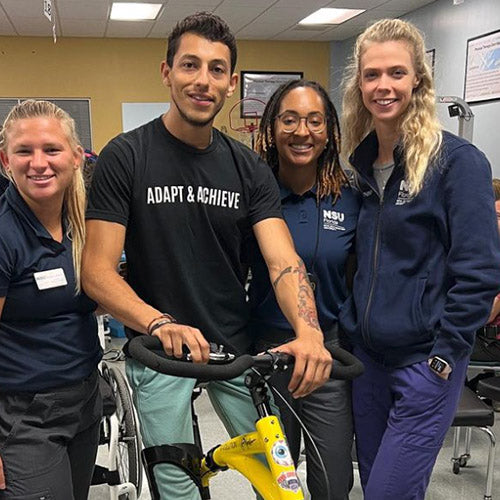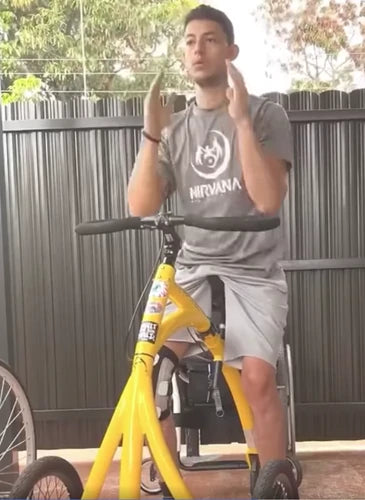An accessibility app that enables people to make informed decisions.
When most people consider the access needs of people with disabilities, they think of the necessities: health services, public transit, maybe the library. But what about all of the other spaces a person might want to access in their life? What about restaurants, bars, movie theatres, places you go just to have fun?
This is the problem Maayan Ziv set out to solve when she founded AccessNow, an app that uses crowdsourced data to provide accessibility information on thousands of spaces worldwide.
“AccessNow started because I have always lived in a wheelchair and I just grew very frustrated with how inaccessible the world was to me, and how clueless I was about it,” says Ziv. “I didn’t see myself reflected in the solutions that were being built for me. They were often built by non-disabled people who imagined what I would need, and it was very health-care or service-oriented. And I like to go to clubs and parties and eat at great restaurants and travel the world. And I didn’t find any brands out there that reflected my desire to experience those things and still for them to be accessible.”
To solve her problem, Ziv launched AccessNow in Toronto in 2015. Any space that is listed on Google will show up on the app, and any user can add information about that space by giving it one of three designations: accessible, partially accessible, or inaccessible. From there, users can add comments to clarify which elements of a place make it accessible or not.

Broadening the definition of accessibility
As AccessNow’s reach has broadened – they now have over 200,000 places rated in 35 countries – so too has their definition of accessibility.
“We launched with a definition of accessibility that was really focused on me and mobility. So it was very much about the world that I knew: people who use wheelchairs or people who experience mobility-related barriers,” says Ziv. “And in launching, we heard back from other communities who looked for lower table heights, or scent-free spaces, or gender-neutral washrooms, etc. And it was actually through the collaboration with the community that we have, and continue to expand our definition of what accessibility means to people.”
The app now includes search filters for a wide range of accessibility needs, such as braille, gender neutral washrooms, service-animal friendly, quiet, and more. In widening their definition of accessibility, they’ve also been able to draw connections between different people’s needs that may not be obvious if you don’t share those needs. For instance, as Ziv explains, a gender neutral washroom might seem like a need only for gender-diverse individuals, but is also helpful in the case of a couple where a woman in a wheelchair needs help from her husband to use the washroom.
“Our job, as a company, is to be descriptive and never prescriptive,” she says. “Our job is to provide people with insight, for them to make their own decisions about what they need in their lives.”
Travel and recreation with a disability
Moving forward, Ziv and her team are excited about expanding their reach into more outdoor and nature-oriented spaces. “In the last two years or so we’ve really invested a lot of time and effort around ensuring that people also have outdoor accessible trails and parks to explore,” she says. “I think there’s a lot more that can be done there, for people who are avid outdoor adventurers, or people who explore different spaces. There’s an opportunity to highlight those on the platform.”
Through AccessNow, Alinker users worldwide have an incredible opportunity to contribute their own experiences and knowledge about accessibility in their communities, and contribute to the cause of advancing accessibility and challenging stigma around people with disabilities.
“Often I find the disability community can be quite fragmented. People stick to what they know or where they know. Giving people the insight to realize they can stretch a little further and still access something accessible, is quite an exciting moment for someone who might not realize that there are certain locations that do actually offer access around the world,” says Ziv. “There’s a difference between being part of the disabled population and being part of the community. Because you can be born or acquire a disability, but you have to choose to take part in the solution of knowledge sharing.”
__________________________________________
Maayan was our special guest in the first of a series of 5 themed ZOOM calls. This one was recorded on the 17th Feb 2022, "Accessibility for All". LINK to VIDEO
To take part in the solution of knowledge sharing, you can download AccessNow from their website, or on Google Play or the App Store.
